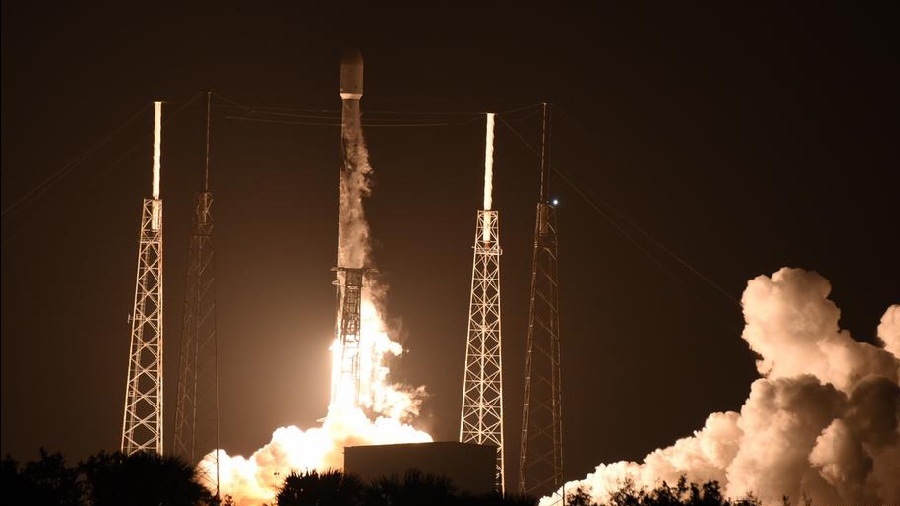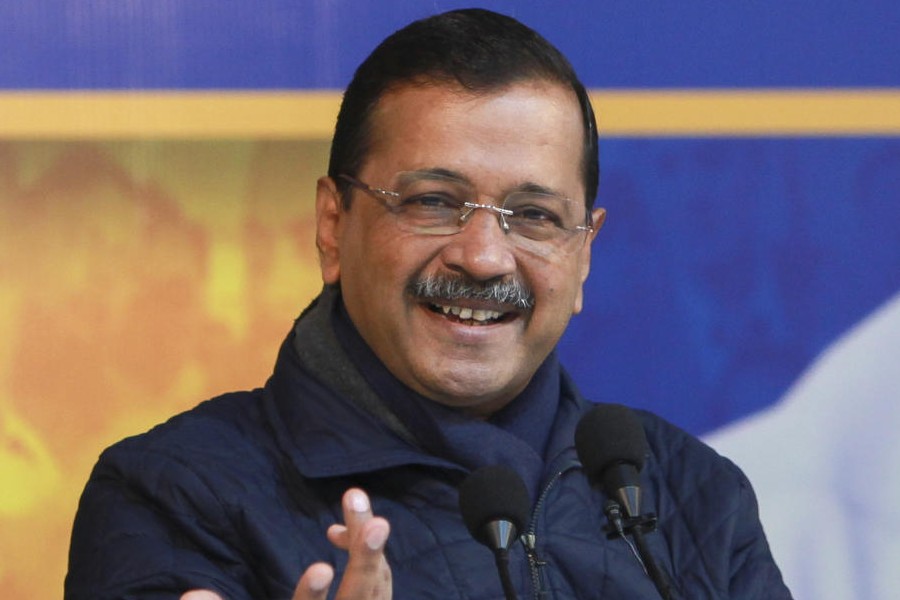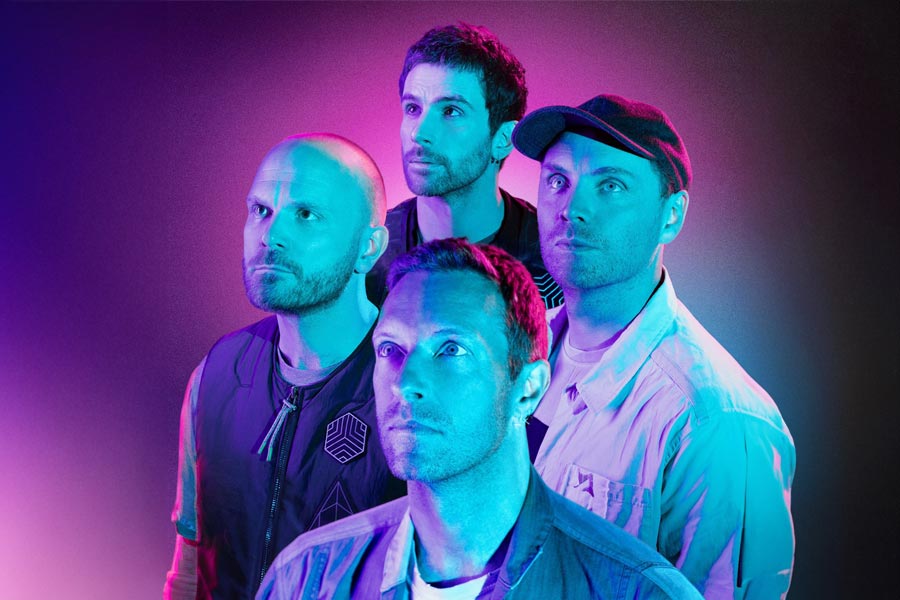A spacecraft designed by a Japanese startup took off on Sunday atop a SpaceX rocket.
The launch took place in Cape Canaveral in the US state of Florida with various components from Canada, the UAE and NASA being carried on the craft.
The Hakuto-R mission — which means "white rabbit" in Japanese — from the ispace company is expected to land on the moon in April 2023.
It is the first time a private company will send a mission to the moon while also marking a first for Japanese space travel.
"Our first mission will lay the groundwork for unleashing the moon's potential and transforming it into a robust and vibrant economic system," the startup's CEO, Takeshi Hakamada, said in a statement.
Who else is hitching a ride to the moon?
The company was one of the five finalists in Google's Lunar XPRIZE competition to achieve a moon landing by 2018, but its attempt never launched.
The ispace-designed craft will take a longer journey to the moon than other missions as it attempts a low-energy alternative. NASA reached the moon in just five days with a test flight last month.
Sunday's 2:38 a.m. (0738 GMT) launch was enabled by a Falcon 9 rocket from the SpaceX company.
The spacecraft is just 2 by 2.5 meters (6.5 by 8.2 feet) and is carrying various internationally designed devices, including a 10-kilogram (22-pound) rover built by the UAE, which follows the country's successful Mars probe launch in 2020.
Also on board are a small wheeled robot from the Japanese Space Agency, a solid-state battery from a Japanese company, a flight computer from a Canada-based company and a small laser experiment from NASA.
Following the white rabbit
The landing of the Hakuto mission is set to coincide with the Japanese year of the rabbit. According to folklore, a white rabbit is also believed to live on the moon.
Although ispace has become the first private entity to launch a moon landing mission, due to the duration of its flight, other attempts set to launch early next year may actually reach the moon first.
Of note are landers built by Pittsburgh's Astrobotic Technology and Houston's Intuitive Machines.
An attempt by Israeli non-profit SpaceIL to reach the moon in 2019 as part of the Google competition ended in failure after the Beresheet spacecraft crashed into the moon and was destroyed.
The US, Russia and China are the only countries to ever have achieved so-called "soft landings" on the moon with the US the only country to land humans on the moon.











